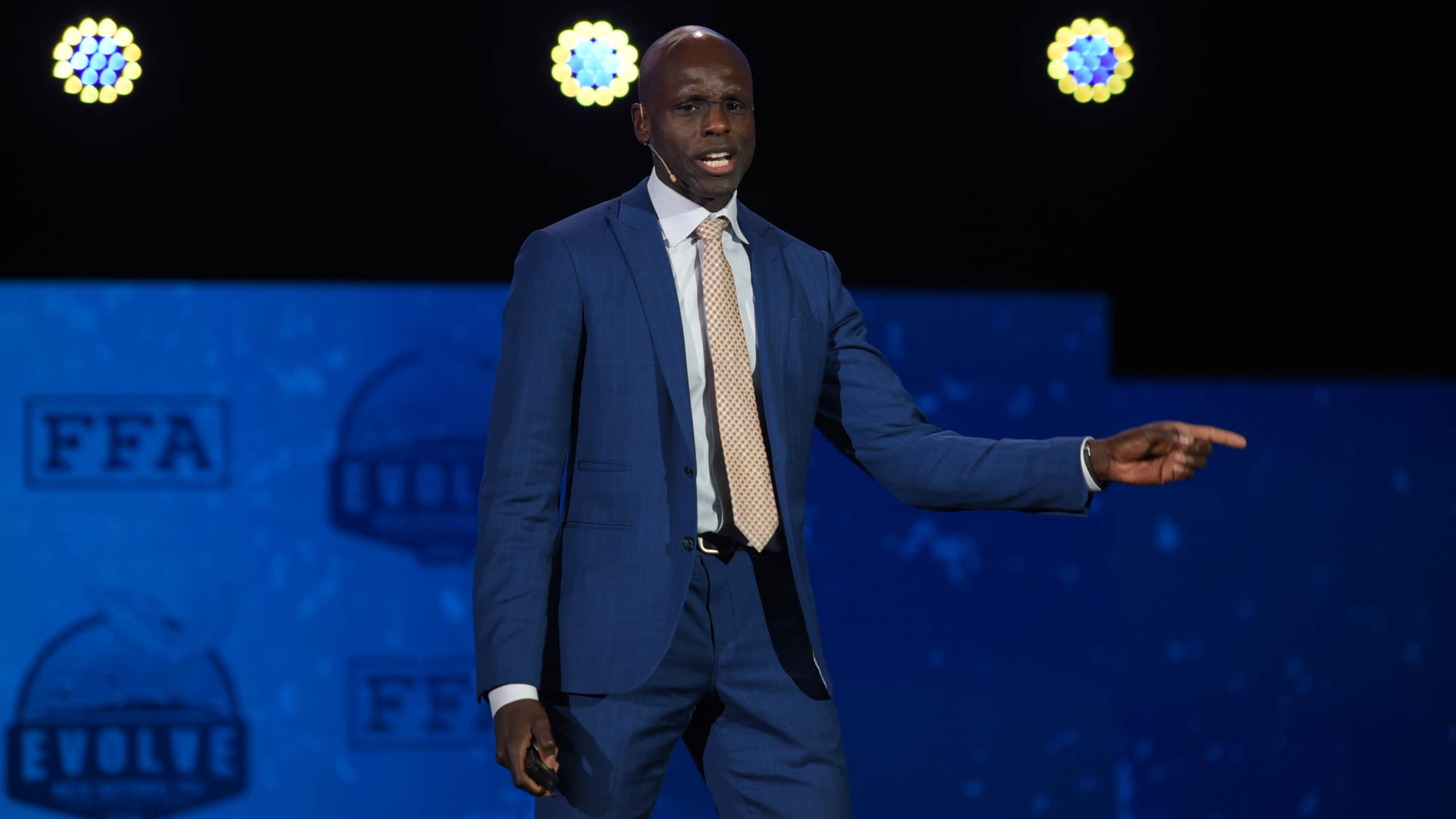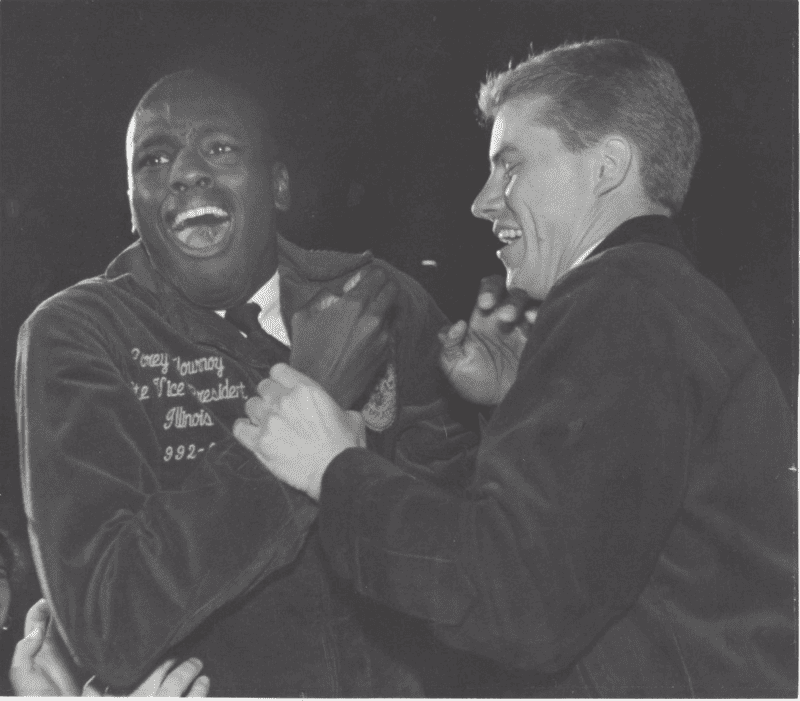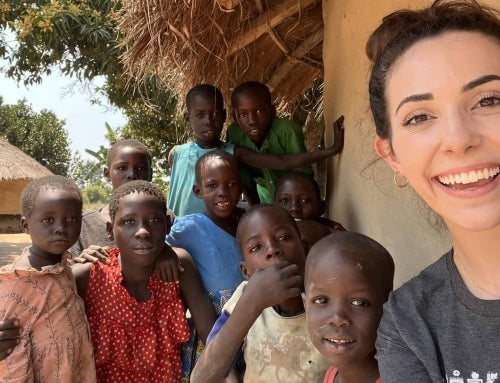
Although Corey Flournoy’s role as the executive in residence for equity, diversity and inclusion for the National FFA Organization is fairly new, he’s no stranger to FFA — nor to trailblazing.
Flournoy, a Chicago, Ill., native, became the first African-American National FFA president in 1994. He didn’t realize it at the time, but he says this position changed the course of his life.
“During my year of service, I learned the importance of building meaningful relationships as I met people from across the U.S.,” Flournoy says. “I started to understand that when you get to know someone beyond the surface, you develop empathy, and that’s when real conversations and connections can begin.”
Empathy became a cornerstone of Flournoy’s professional career. In 1996, he co-founded the company he still operates today, Creative Outreach Consulting. Through this company, he delivers a 360-degree holistic approach to individual and organizational transformative change through proven practices; programs and processes in leadership development; personal coaching; and diversity, equity and inclusion.
A Place to Belong
When National FFA Organization CEO Scott Stump asked him to take on a similar role within FFA in 2023, Flournoy knew it was a perfect fit.
“My ultimate goal is to help ensure all students in FFA feel welcomed, no matter who they are, where they come from or how they identify,” says Flournoy, who also served as vice president of people and culture development at Aurora, a self-driving start-up, and was Groupon’s first global head of inclusion and diversity. “If we want to increase diversity in FFA, we must make certain that each member not only feels safe and comfortable but also has ample opportunities to engage, grow and thrive within the organization.”

In 1994, Corey Flournoy made FFA history when he became the first African-American National FFA president.
He brought this message to life as a keynote speaker at the 96th National FFA Convention & Expo, asking members to turn their focus to the concept of belonging.
“Everyone can think back to a time when they felt like they didn’t belong, whether at school, in an extracurricular or even with a friend group. I think we can agree it’s unpleasant, to say the least,” Flournoy says. “However, every FFA member has the power to make sure this doesn’t happen when people come to our classrooms, chapter meetings, conferences and conventions.”
In addition, he encouraged members to challenge themselves to look beyond their biases and fears, get out of their comfort zones and intentionally engage with people they may perceive as different.
“FFA offers so many beautiful opportunities to connect with people from all walks of life,” Flournoy says. “Ultimately, it’s up to each of us to take advantage of those opportunities — and when we do, we see they are incredible gifts.”
National FFA is committed to creating a space where all members feel valued. To learn more, visit FFA.org/FFA-For-All.











